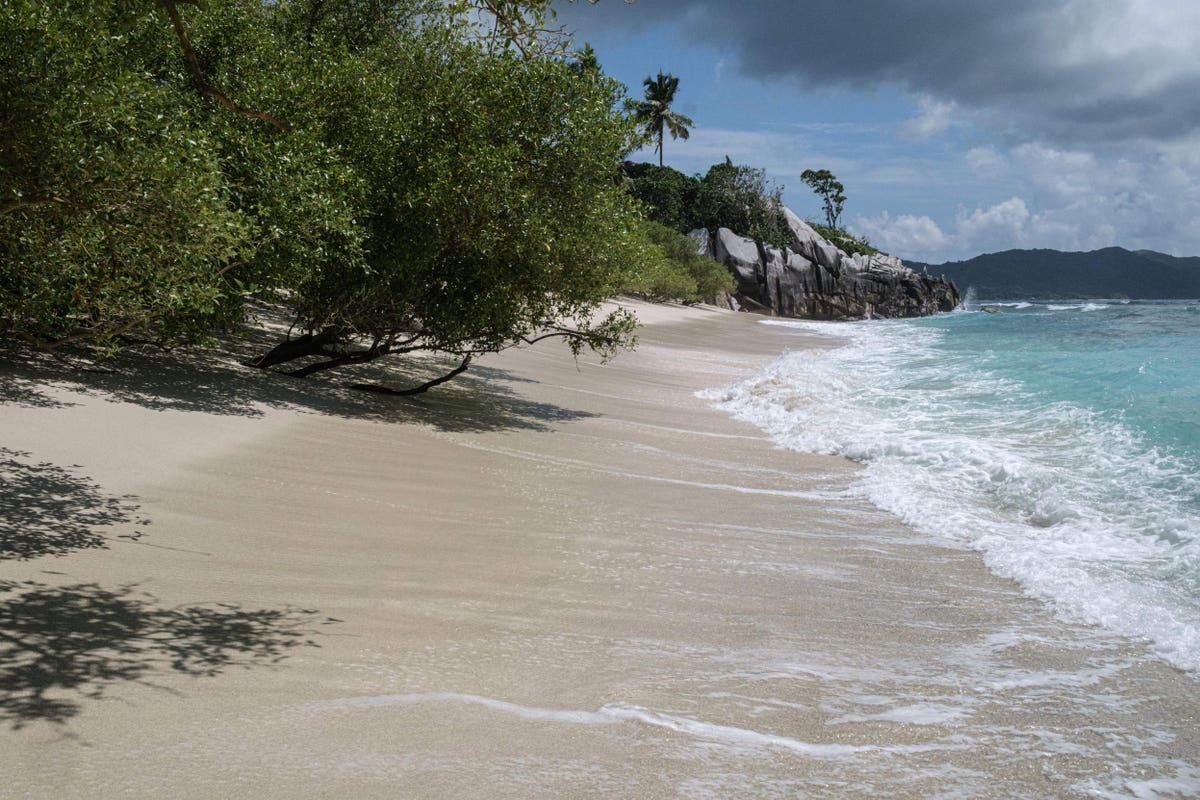The tiny African island nation of Seychelles blue bonds economic roadmap using an integrated approach to the sustainable development of ocean resources, has inspired original investor Nuveen to expand its reach. Nuveen is considering buying a portion of Ecuador’s new $656 million “blue bond” to help fund conservation of its Galapagos Islands. Will Nuveen be able to find the same success in Ecuador as it has in success as the Seychelles, the first sovereign entity to issue a blue bond?
The Breakdown You Need To Know: Reuters reported that this potential deal in Ecuador follows smaller such debt issues including from Seychelles and Barbados, which Nuveen bought into, becoming one of the world’s biggest buyers of eco-friendly bonds. Blue bonds aim to use debt proceeds to finance water-related and/or ocean-based projects, according to CultureBanx. In 2020, Seychelles made 30% of their exclusive economic zone marine protected areas, and have been able to use the blue bonds to ride the waves towards lowering national debt.
The Seychelles, where Nuveen invested in 2018, is using proceeds from its own blue bond for cash grants to provide better equipment for the fishing industry and working on building more efficient processing plants for the catch, said Stephen Liberatore, Nuveen’s head of ESG in an interview.
Blue-Bond Background: Here’s a little background on how the 2018 Seychelles $15 million, 10-year blue bond works: It’s backed by a $5 million guarantee from the World Bank, along with a $5 million concessionary loan from the Global Environment Facility and investors will receive a 6.5% annual interest rate.
Blue bonds are modeled on the green- labeled debt which was pioneered by the World Bank and first emerged a decade ago. Moody’s reported that issuance of green bonds reached $254 billion in the first quarter of 2023, up 36% from the fourth quarter of 2022.
Situational Awareness: Seychelles being the first country to sell debt earmarked specifically for ocean projects make sense, especially because fishing brings in 97% of its annual export earnings and employs 17% of the nation’s population. The concept has seen some traction worldwide, with both the Nordic Investment Bank and the World Bank launching their own blue bonds to address specific marine protection issues.
Read the full article here




